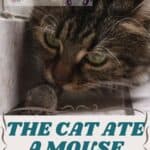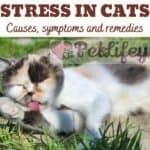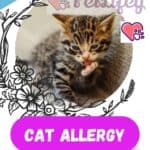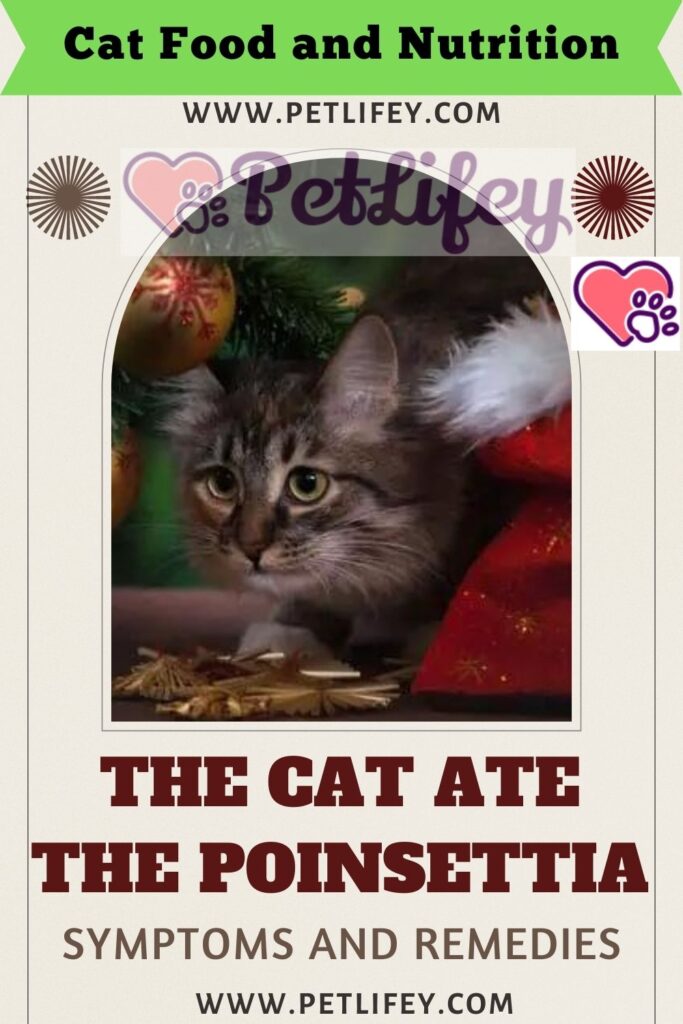
Did your cat eat the poinsettia you had in the house? Find out if he hurts, what are the first symptoms how to quickly fix it.
Christmas is coming and in our homes you can already breathe that crisp air of the most beautiful time of the year? For sure we will have proceeded to decorate our homes with furnishings, objects, balls but also plants: among these the most typical is certainly the Christmas star. But we know that the relationship between pets and plants can often be very risky, so it is questionable whether the cat can have negative consequences if it comes into contact with them. The cat could in fact be intrigued by the colorful flowers of this plant and maybe try to taste it. It is important to know the risks and evaluate the best remedies to help it.
The risks of the poinsettia for the cat
The poinsettia plant belongs to the Euphorbiaceae family, and is also known by names such as cataputia, euphorbia, Euphorbiaceae marginata, milkmaid or poinsettia. What are the most dangerous parts of the plant? The leaves, the stem but above all the lymph that passes through it: in fact it is stinging for the mucous membranes of the feline. But there are also conflicting (authoritative) opinions: according to the Animal Society for the Prevention of Cruelty to Animals (ASPCA) and the Animal Poison Control Center (APCC) it is not so lethal to cats. Or rather, the amount ingested should be very high to create serious health problems for the cat.
It is not just a matter of a moment of our distraction that can be fatal to our act that sneaks up on the plant, but also of being very careful to remove the leaves that fall from the floor. The greatest and most probable risk is that of food poisoning: cats can ingest and bite some parts, especially the flowers, which can cause mild poisoning in the cat (discover cat poisoning, discover causes, symptoms and treatment). An excessive amount of this plant can be lethal especially for the milky substance it contains, the latex, irritating due to the presence of euphorbones, alkaloids and triterpenes. The best thing to do is definitely to shelter them or at least place them on high surfaces, which the cat cannot reach easily.
Symptoms to recognize
If a feline has ingested a plant we can easily notice it, not only because we may find traces of the crime but also because it is likely that the cat exhibits some symptoms. Here are what they are to recognize them immediately and run for cover:
- irritation of the mucous membranes of the mouth, esophageal duct, stomach and intestines;
- cough,
- breathing problems,
- episodes of nausea, vomiting and diarrhea,
- colic,
- vision problems ( conjunctivitis in cats and excessive tearing),
- dermatitis,
- burning in the mouth.
If the cat exhibits these symptoms and there are traces of this poor ‘diet’ then it is absolutely advisable to contact a veterinarian. It will be the expert to indicate the best way to act.
The cat ate the poinsettia: what to do
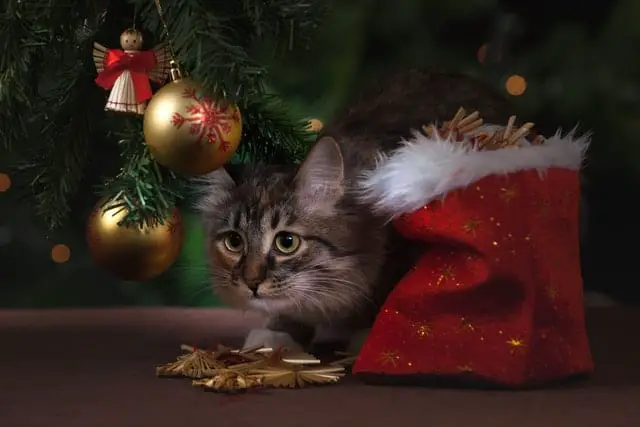
If we can rest assured that only an excessive amount of the plant can be lethal, this does not mean that we can underestimate the risks. This is because there is no specific miracle antidote. the therapy usually recommended by experts is symptomatic for cases of indigestion of stinging substances.
If the quantity of substance is really high then it will be necessary to proceed with a gastric lavage or groped to induce vomiting: but it is not up to us to decide! The expert may also recommend the administration of activated charcoal, or a support therapy with infusion to avoid the risk of dehydration, and also the use of vitamins to strengthen the body. In less severe cases, the symptoms can also pass on their own, without intervening with any therapy.
If the cat that ate the poinsettia threw up, let it fast for a few hours and don’t even give it water. Let’s gradually get him used to light foods and moderate amounts of water. In case of dermatological irritation we use a mild detergent, with neutral pH and water.




